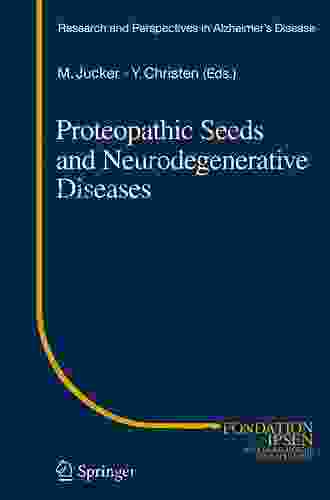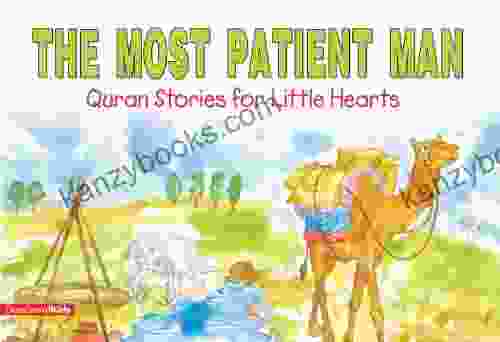Proteopathic Seeds and Neurodegenerative Diseases: Groundbreaking Insights and Future Directions

Neurodegenerative diseases, such as Alzheimer's, Parkinson's, and Huntington's, are debilitating conditions that affect millions of people worldwide. Despite extensive research, the exact causes and mechanisms underlying these diseases remain enigmatic. In recent years, a novel concept has emerged: the role of proteopathic seeds in the initiation and propagation of neurodegeneration.
Proteopathic Seeds: A Paradigm Shift
Proteopathic seeds are misfolded protein aggregates that possess the ability to template and induce misfolding of their cognate proteins. These seeds can spread from one neuron to another, transmitting the disease state in a prion-like manner. This paradigm-shifting concept has revolutionized our understanding of neurodegenerative diseases, providing a potential explanation for their progressive and transmissible nature.
5 out of 5
| Language | : | English |
| File size | : | 4118 KB |
| Text-to-Speech | : | Enabled |
| Screen Reader | : | Supported |
| Enhanced typesetting | : | Enabled |
| Print length | : | 170 pages |
Types and Characteristics of Proteopathic Seeds
Various types of proteopathic seeds have been identified in different neurodegenerative diseases. These seeds comprise misfolded conformations of proteins such as amyloid-beta (Aβ) in Alzheimer's, α-synuclein in Parkinson's, and huntingtin in Huntington's disease. Each seed type exhibits distinct characteristics, including their size, morphology, and biochemical properties.
Amyloid-beta Seeds
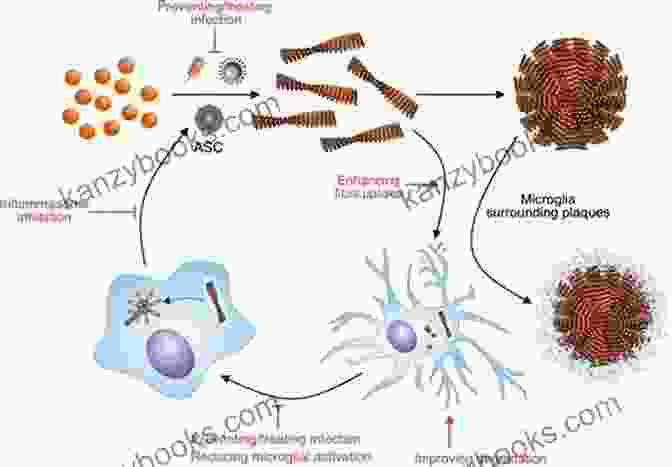
Amyloid-beta seeds are oligomeric assemblies of Aβ peptides that can promote the aggregation and deposition of Aβ into amyloid plaques in the brains of Alzheimer's patients. These seeds have been shown to induce synaptic dysfunction and neuronal death in animal models of Alzheimer's disease.
α-Synuclein Seeds
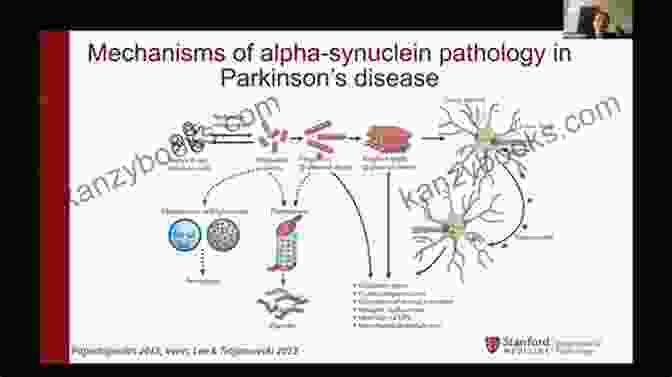
α-Synuclein seeds are aggregated forms of α-synuclein protein that aggregate into Lewy bodies, a hallmark of Parkinson's disease. These seeds can spread through the brain, leading to the progressive loss of dopaminergic neurons and the development of motor symptoms.
Huntingtin Seeds
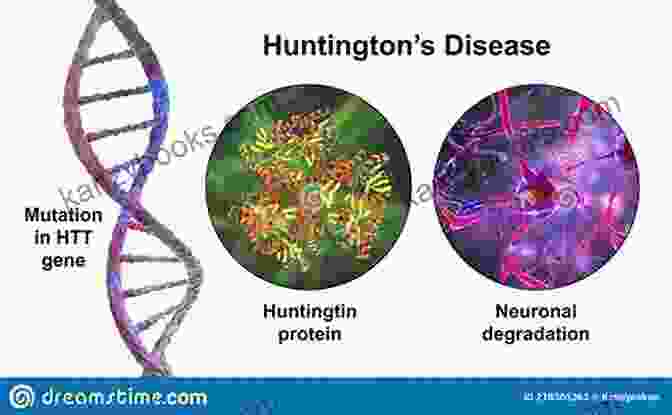
Huntingtin seeds are mutant forms of the huntingtin protein that aggregate into insoluble inclusions in neurons of Huntington's disease patients. These seeds are responsible for the progressive degeneration of neurons in the brain, leading to cognitive, motor, and behavioral impairments.
Propagation and Transmission of Proteopathic Seeds
Proteopathic seeds can spread both within and between neurons. Within a neuron, seeds can undergo self-templating and amplification, leading to the accumulation of misfolded proteins. Between neurons, seeds can be transmitted through various mechanisms, including exosomes, tunneling nanotubes, and synaptic connections.
The spread of proteopathic seeds can be exacerbated by certain factors, such as aging, genetic susceptibility, and environmental stressors. These factors can disrupt protein homeostasis and increase the likelihood of misfolding and aggregation.
Clinical Implications and Therapeutic Strategies
The concept of proteopathic seeds has significant implications for the clinical management of neurodegenerative diseases. Targeting proteopathic seeds could provide novel therapeutic approaches aimed at halting or reversing disease progression.
Several potential therapeutic strategies are being explored, including:
- Immunotherapy: Developing antibodies or vaccines to neutralize or clear proteopathic seeds.
- Protein-stabilizing agents: Drugs that stabilize the native conformation of proteins and prevent misfolding.
- Seed-inhibitors: Compounds that interfere with the self-templating and propagation of proteopathic seeds.
- Antioxidants and anti-inflammatory agents: To reduce oxidative stress and inflammation, which contribute to the formation and spread of proteopathic seeds.
Proteopathic seeds have emerged as a pivotal concept in the field of neurodegenerative diseases. Their ability to initiate and propagate misfolding events has shed light on the underlying mechanisms of disease progression. Targeting proteopathic seeds holds promise for developing novel therapeutic strategies that could transform the lives of patients with these debilitating conditions.
Ongoing research is actively exploring the nature, propagation, and potential therapeutic targeting of proteopathic seeds. With continued advancements, we can anticipate a deeper understanding of neurodegenerative diseases and the development of effective treatments to alleviate the suffering they cause.
5 out of 5
| Language | : | English |
| File size | : | 4118 KB |
| Text-to-Speech | : | Enabled |
| Screen Reader | : | Supported |
| Enhanced typesetting | : | Enabled |
| Print length | : | 170 pages |
Do you want to contribute by writing guest posts on this blog?
Please contact us and send us a resume of previous articles that you have written.
 Book
Book Novel
Novel Page
Page Chapter
Chapter Text
Text Story
Story Genre
Genre Reader
Reader Library
Library Paperback
Paperback E-book
E-book Magazine
Magazine Newspaper
Newspaper Paragraph
Paragraph Sentence
Sentence Bookmark
Bookmark Shelf
Shelf Glossary
Glossary Bibliography
Bibliography Foreword
Foreword Preface
Preface Synopsis
Synopsis Annotation
Annotation Footnote
Footnote Manuscript
Manuscript Scroll
Scroll Codex
Codex Tome
Tome Bestseller
Bestseller Classics
Classics Library card
Library card Narrative
Narrative Biography
Biography Autobiography
Autobiography Memoir
Memoir Reference
Reference Encyclopedia
Encyclopedia Mark Todd
Mark Todd Susan Uehara Rakstang
Susan Uehara Rakstang Stacey Shearer
Stacey Shearer Sayer Ji
Sayer Ji Sylvia Kapsandoy
Sylvia Kapsandoy Melanie Ansley
Melanie Ansley Vanessa Philippe
Vanessa Philippe Sexual Compulsives Anonymous
Sexual Compulsives Anonymous Sophie Bashford
Sophie Bashford Shanika Graham White
Shanika Graham White Tara Stiles
Tara Stiles Sarah Ban Breathnach
Sarah Ban Breathnach Wendy Currie
Wendy Currie Marcia Durante
Marcia Durante Tom Schuck
Tom Schuck Unrulynerdgirl Bear
Unrulynerdgirl Bear Shirley Kalpinolson
Shirley Kalpinolson Susan Harris
Susan Harris Stuart Beattie
Stuart Beattie Shaun Brookhouse
Shaun Brookhouse
Light bulbAdvertise smarter! Our strategic ad space ensures maximum exposure. Reserve your spot today!

 Alexandre DumasMastering In-House SEO 2024 Edition: The Ultimate Guide to In-House SEO...
Alexandre DumasMastering In-House SEO 2024 Edition: The Ultimate Guide to In-House SEO...
 Robert HeinleinPedagogy and the Politics of Barebacking The Exquisite Corpse: A Must-Read...
Robert HeinleinPedagogy and the Politics of Barebacking The Exquisite Corpse: A Must-Read... Octavio PazFollow ·10.7k
Octavio PazFollow ·10.7k Ian McEwanFollow ·15.9k
Ian McEwanFollow ·15.9k Dean CoxFollow ·12.2k
Dean CoxFollow ·12.2k Derek BellFollow ·13.9k
Derek BellFollow ·13.9k Chandler WardFollow ·17.1k
Chandler WardFollow ·17.1k W.H. AudenFollow ·3.3k
W.H. AudenFollow ·3.3k Tyrone PowellFollow ·15.8k
Tyrone PowellFollow ·15.8k Jan MitchellFollow ·17.8k
Jan MitchellFollow ·17.8k

 Virginia Woolf
Virginia WoolfGetting High Fat Diet Easily Using Keto Fat Bomb Cookbook
Unveiling the Power of Fat...

 Milan Kundera
Milan KunderaAre You Cryin' Brian? Find the Inspiration and Humor in...
Life can be full of...

 Edmund Hayes
Edmund HayesUnlock Your Vitality: The 15-Day Natural Energy Boost...
Are You Ready to...
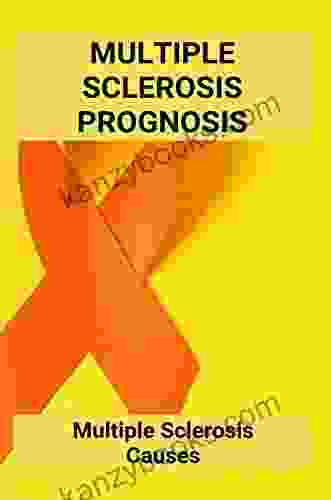
 Gavin Mitchell
Gavin MitchellMultiple Sclerosis Life Expectancy: Unveiling the Impact...
Multiple Sclerosis (MS) is a...

 Gabriel Garcia Marquez
Gabriel Garcia MarquezGet The Thighs That Can Crack Man Head Like Walnut
Are you tired of weak, flabby...
5 out of 5
| Language | : | English |
| File size | : | 4118 KB |
| Text-to-Speech | : | Enabled |
| Screen Reader | : | Supported |
| Enhanced typesetting | : | Enabled |
| Print length | : | 170 pages |


